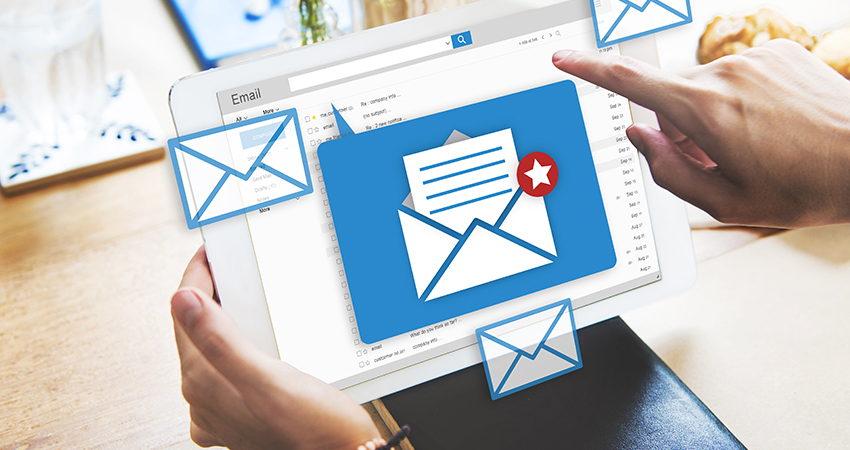Several major retailers nearly doubled their volume of emails sent to customers and prospects in August. While personalized emails are increasing, retailers have yet to meet customer expectations, according to a study by SmarterHQ.
The study found most retailers continue to rely too heavily on mass-market blasts and bombarding consumers with more monthly messages than they want.
Neiman Marcus was the top email sender in August, the study found, with 80 emails, more than double the 39 sent by the high-end retailer in July. Its competitor Saks was just behind at 71, up from 47 in July, while Amazon sent 43.
In July, big-box retailer Target was the top email sender, with 62 email going out to customers; in August it dropped to 41 messages.
Ulta Beauty’s email volume grew significantly in August, increasing by a factor of five from the previous month, from three to 15. Bonobos was the only brand who sent notably less emails in August, with just two personalized messages vs. 10 in July.
Over half of marketers (54%) ranked email as their top ROI-driving channel because it is the cheapest to implement and produces the highest engagement, according to the study. Not surprisingly, 74% of millennials said they are frustrated with too many marketing communications, preferring one to three messages per month.
Digital native retailers continue to send the least amount of emails overall, with Amazon a notable exception. The majority of retailers, however, continue to send mass marketing blasts to customers, especially in July and August.
Several retailers stepped up their email personalization game in August. While personalized messages are still in the minority compared all emails sent, some retailers stood out in this regard, SmarterHQ found.
Over half of Saks’s 71 August emails were personalized based on shopping carts and product interactions. Similarly, 24 of the 43 emails sent by Amazon were personalized and offered product recommendations based on behavior. Both of the membership-only retailers in the study – Costco and Sam’s Club – personalized just a few emails. Bloomingdale’s had the highest ratio of personalized messages, with five of the six being behaviorally targeted.
Target saw the largest month-over-month increase in personalized messages, with half of the 41 sent in August targeted based on behavior, compared to just eight of the 62 sent in July.
Emails Sephora sent (three total), Birchbox (which sent one in August) and Bonobos (which sent two in August) were personalized based on past interactions.
The research found that 70% of millennials are frustrated by irrelevant emails. Overall, 90% of consumers said they were willing to share behavioral data in exchange for a cheaper and easier shopping experience.
Retailers need to prioritize personalization, but be more accurate with targeting based on behavior and interactions. This is especially true since 72% of consumers said they only engage with marketing messages tailored to their interests, SmarterHQ found.
The study found that many retailers didn’t sent Labor Day or back-to-school promotions, with several sending four or less (Sam’s Club, Costco, Nordstrom, Neiman Marcus, Amazon and Everlane). Home Depot was ahead in this regard, with 11 of 16 during August including Labor Day promotions. Two of Apple’s emails were dedicated to promoting Apple Pay for back-to-school.
None of the retailers tracked by SmarterHQ sent emails in August related to the upcoming holiday shopping season.
Shipping, delivery and buy online pickup in store (BOPIS) were growing areas of focus in August emails, demonstrating how this has become such a key differentiator, a competitive weapon – and a necessary response to the Amazon Prime experience.
For instance, Home Depot highlighted fast delivery, shipping or BOPIS in all of its August emails, a natural given its strong capabilities. Saks included free shipping messaging in every email, while Macy’s focused on BOPIS. All 80 of Neiman Marcus’s August emails referenced free shipping, free returns and BOPIS.
Amazon and Everlane were the only digitally native brands to push fast delivery in their emails. Amazon also dedicated a few August emails to its Treasure Truck service which offers app users daily deals.
SmarterHQ found 62% of consumers will unsubscribe from a brand because shipping is too pricey, while 90% of them regularly browse online and purchase in store, highlighting the importance of BOPIS and curbside pickup offerings.

